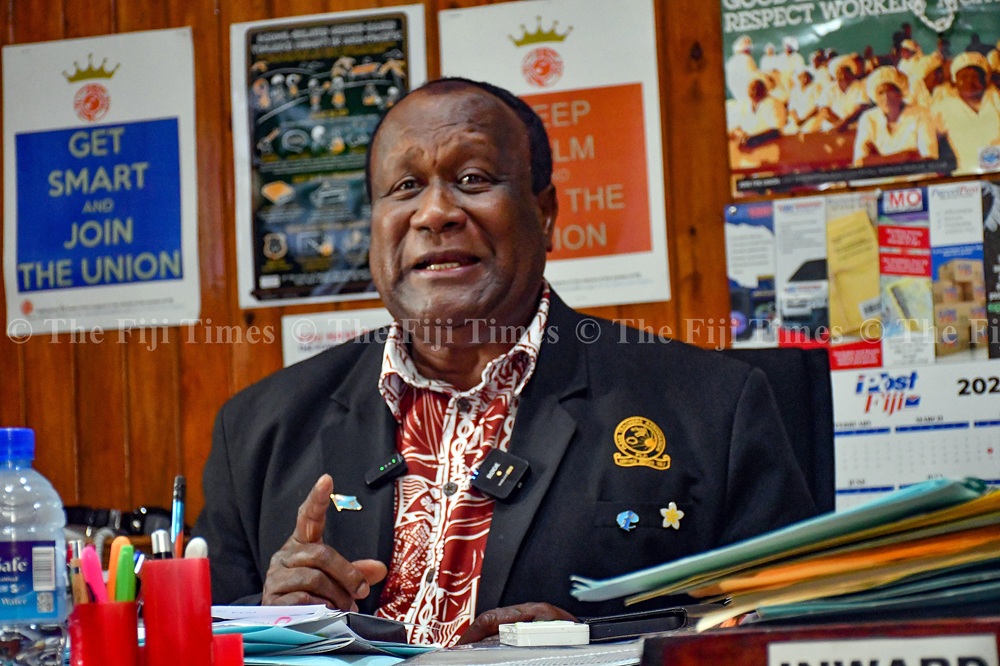The term “corporal punishment” should not be used to describe what teachers view as necessary disciplinary action in classrooms, says Fijian Teachers Association (FTA) general secretary Paula Manumanunitoga.
Amid growing concern over student misconduct and alleged harassment of teachers, Mr Manumanunitoga has called on the Government to bring back what he described as “corrective measures” to help restore order in schools.
“We at the Fijian Teachers Association are asking Government, bring back corporal punishment,” he said.
“The term that they’re labelling is corporal punishment.
“But for us teachers, we are saying that it’s not corporal punishment. It’s a corrective measure to control behaviour.”
He distinguished between historical examples of corporal punishment, such as judicial caning during colonial times and what he claimed would be a classroom tool to manage student conduct.
“Corporal punishment is when a murderer was brought before a judge and sentenced to years in prison and also given strokes, that’s corporal punishment.
“But in our case, if you lay a stick or belt on the table, the whole class becomes quiet. They’ll control themselves.”
Mr Manumanunitoga cited incidents where students had allegedly shown teachers obscene gestures, pulled their hair, and in one recent case, tripped a teacher down a flight of stairs.
He said teachers were increasingly powerless to manage such behaviour.
“How are we going to defend ourselves? It’s gotten so bad. That’s what I’m emphasising.”
Corporal punishment has been banned in Fiji’s schools in accordance with international human rights standards and the Convention on the Rights of the Child, which Fiji has ratified.
The current policy emphasises non-violent forms of discipline and positive behaviour management.

